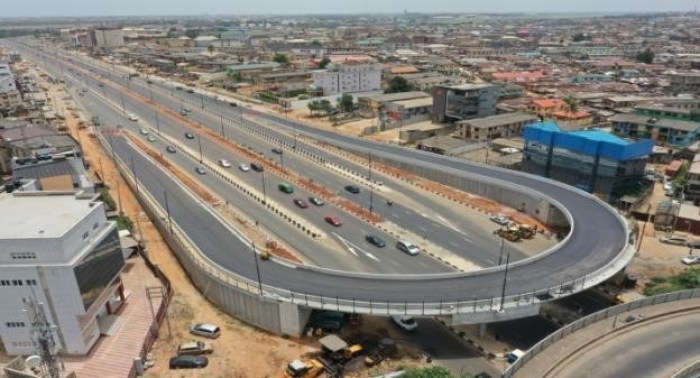The cost of living in Nigeria varies from state to state. In 2025, several states have become more expensive due to rising housing costs, transportation, food prices, and general living expenses.
If you’re planning to relocate or are simply curious, here are the top ten costliest states to live in Nigeria this year:
1. Lagos State:
Lagos remains the most expensive state in Nigeria. As the commercial capital, it has high rent, food, and transportation costs. Popular areas like Victoria Island and Lekki are especially costly.
2. Abuja (FCT):
Abuja, the nation’s capital, is known for its high standard of living. Rent in central areas like Maitama and Asokoro is very expensive, and basic services often cost more than in other states.
3. Rivers State:
Port Harcourt, the capital of Rivers State, is a major oil city. High demand for housing and services pushes the cost of living higher than average.
4. Bayelsa State :
Bayelsa is rich in oil, and that wealth has led to increased costs. Accommodation and transportation, especially in Yenagoa, can be quite expensive.
5. Delta State:
Delta shares similarities with Rivers and Bayelsa. It has high living costs due to its oil industry and urban development, especially in cities like Warri and Asaba.
6. Ogun State:
Ogun has become more expensive due to its proximity to Lagos. Many people live here and work in Lagos, causing a rise in housing and transportation costs.
7. Edo State
Benin City, the capital of Edo State, has seen a rise in the cost of living. This is due to growing infrastructure and an increasing urban population.
8. Anambra State:
Anambra is one of the wealthiest states in the Southeast. Cities like Awka and Onitsha are developing fast, which has led to increased living expenses.
9. Akwa Ibom State
Akwa Ibom has experienced economic growth in recent years. As a result, prices of rent, food, and services have gone up, especially in Uyo.
10. Enugu State
Enugu rounds out the list with a growing urban population and rising property costs. The cost of living is higher here compared to other Southeastern states.
Conclusion:
Living costs in Nigeria differ by location. States with strong economies, large cities, and high demand for housing tend to be more expensive. If you’re considering a move or investment in 2025, understanding these differences can help you plan better.



